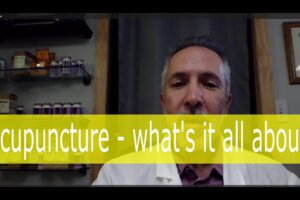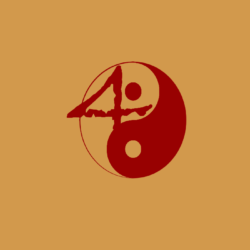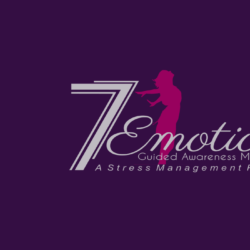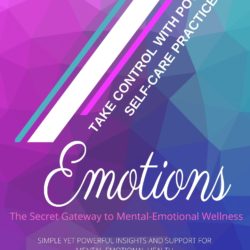Post Traumatic Stress Disorder and Acupuncture
Post Traumatic Stress Disorder also known as PTSD is a mental disorder that is triggered by a traumatic situation that makes a person fear for their safety with feelings such as helplessness and horror. The traumatic experiences of war, as an example, makes it difficult for some soldiers returning home to adjust to life after war. PTSD was termed during the Vietnam war identifying the difficulties soldiers struggled with during post-war life. Other terms, such as “shell shock”, were used throughout history to describe similar conditions resulting from the war trauma.
Veterans are challenged with a variety of post-deployment health concerns and are in need of recovery support and aid for conditions such as post-traumatic stress disorder (PTSD), phantom limb pain / residual limb pain, post operative pain, chronic musculoskeletal pain, traumatic brain injury (TBI), and adjustment disorder.
A recent US army study has shown that 1 in 4 soldiers turn to alternative medicine such as acupuncture to cope with their disorder. It is estimated by pentagon officials that close to a third of the soldiers returning from current wars in Afghanistan and Iraq will suffer from post-traumatic stress disorder (PTSD). A variety of scientific studies, like the one directed by Dr. Michael Hollifield at the University of New Mexico’s Department of Psychiatry, support the use of acupuncture as a natural therapy for treating post-traumatic disorder symptoms such as anxiety, depression, insomnia and psychosomatic pain disorders.
PTSD is not a condition solely experienced by those exposed to traumatic conditions of war. Other people with traumatic experiences such as victoms of violence and rape could also struggle with PTSD. The higher the degree of trauma the more likely the person is to develop PTSD. Some examples of reported traumatic exposure leading to PTSD from the WebMD web site on mental health include: some people who have heart attacks or cancer, a new mother experiencing an unusually difficult delivery during childbirth, or patients partially regaining consciousness during surgery.
Advantages of Acupuncture as Therapy for PTSD
One of many distinguishing advantages acupuncture offers as an effective therapy is that it is a non-exposure treatment that does not require the patient to neither recall or relive traumatic events nor even discuss them. There are no injections or exchange of fluids or chemicals with acupuncture. The acupuncture needles are solid, thin and flexible unlike the thicker, hollow hypodermic needles used to draw blood or administer injections. The gentle treatment of acupuncture stimulates the body’s own innate ability to heal. Acupuncture therapy helps calm the mind and relax the body in a natural way without medications that may carry potentially harmful side-effects.
A Common Treatment Protocol – Auricular Acupuncture
A common treatment protocol for patient’s with PTSD and other emotional disorders is to use auricular acupuncture and the shallow insertion of several acupoints along the outer ear. Traditional Chinese and European styles of auricular acupuncture utilize a corresponding mapping of the entire body over the external surface of the ear. A treatment for PTSD could be done in a sitting position or laying down and may include some of the following auricular acupoints: Shenmen, Heart, Kidney, Liver, Adrenal Gland, Physcosomatic Reactions point, Frontal Cortex.
In Traditional Chinese Medicine each person is treated as an individual with a unique pattern of signs and symptoms. It is always best to consult with an acupuncturist directly to identify a treatment plan that addresses your individual health concerns.
For more info click here: PTSD
Study: Acupuncture for PostTraumatic Stress Disorder
Christopher Carlow, D. Ac. Doctor of Acupuncture April 6, 2011








